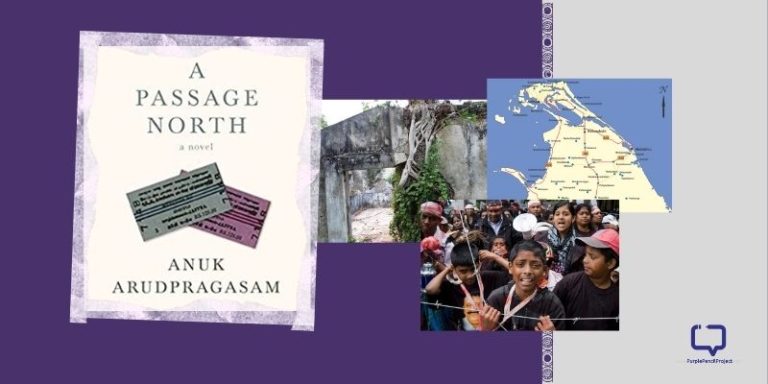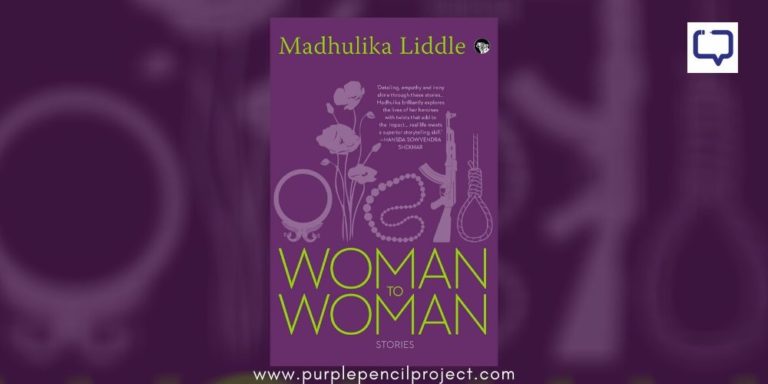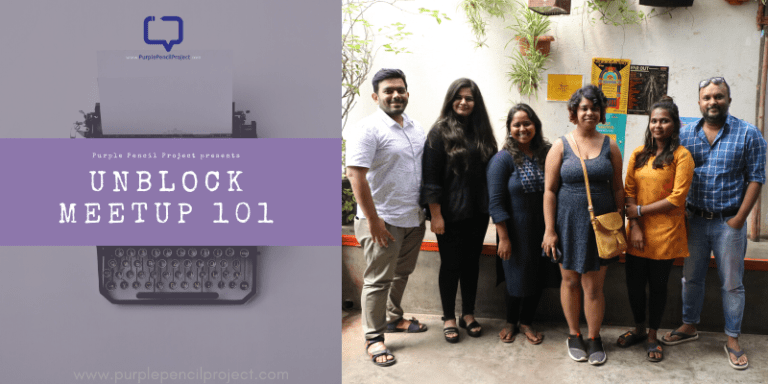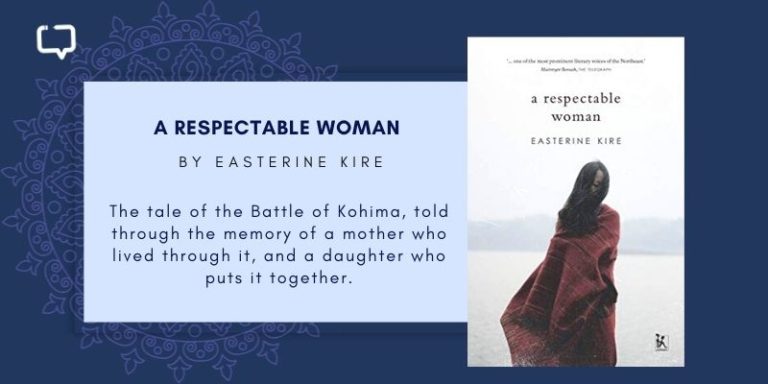The Jataka Tales are a voluminous body of literature native to India concerning the previous births of Gautama Buddha in both human and animal form. The Jatakas are amongst the earliest Buddhist literature, to around the 4th century BCE. Many often have interesting morals or messages, such as this one.
Once a young prince completed his training under a renowned teacher and was awarded five weapons as a mark of distinction. He then proceeded towards his father’s kingdom. On the way, he came across people who warned him from entering the forest, as there was a hungry ogre named Sticky-head who killed everyone who entered the forest.
The confident and brave prince decided to enter the forest. When he reached the middle of the forest, the ogre showed up. On seeing the prince it increased its size and roared, ‘Stop’ he said or get ready to be his prey.
The prince fearlessly replied that the ogre should be warned of his imminent end. “Be warned” he said “or be killed by just one arrow from my quiver.” Having warned the ogre, the prince shot an arrow that lodged into the ogre’s hair. More arrows followed and suffered the same fate.
The ogre simply shook the arrows off his hair and approached the prince. The prince then struck him with a sword, followed by a spear and then a club, all of which were stuck to his hair.
Unfazed the prince challenged the ogre, saying that he was up against a brave warrior who feared none. But by and by as he exhausted all the weapons that he had carried with him, he had nothing left but his own body. That too did not deter the brave prince who threatened to pound the ogre to death. He then struck the ogre with his right hand, but that got stuck to the giant’s hair. Ditto with the other hand and both his feet. The prince then butted the ogre with his head but only to end up in his hair.
Completely attached to the ogre’s body, the prince would have seemed to be in an impossible situation. But that was no deterrent for the boy who kept up his challenging tone and stance.
The ogre was impressed and was convinced that he was not up against any ordinary mortal. This must be a lion of the human race, probably someone of noble birth. The ogre asked him the reason of him being so fearless. By now the prince had realised that all weapons were of no use to him now. He would have to use another weapon and this was the weapon of his intellect, the one that was within him.
The prince then replied that he was not scared as in one life, only one death was imminent. Besides, in his belly was a thunderbolt, a final weapon. If the ogre ate him up, the thunderbolt would blow up the ogre’s insides and soon the ogre too would die, thus the prince had nothing to fear! Upon hearing this, the ogre quickly set him down and from that day on, ceased terrorising the people of the land.
Needless to say that the final weapon was the Weapon of Knowledge, which was inside him. As Joseph Campbell says, “a consummate master would require no physical weapon at all; the power of his magic word would suffice…..The parable of the Prince Five-weapons illustrates this theme. But it also teaches that the one who relies or prides himself upon his merely empirical, physical character is already undone.”
The story has been provided by Utkarsh Patel from The Mythology Project. You can follow him on Facebook, LinkedIn, and Twitter. Other stories can be read here.
Image credits: John Batten illustration, Indian Fairy Tales 1892





















